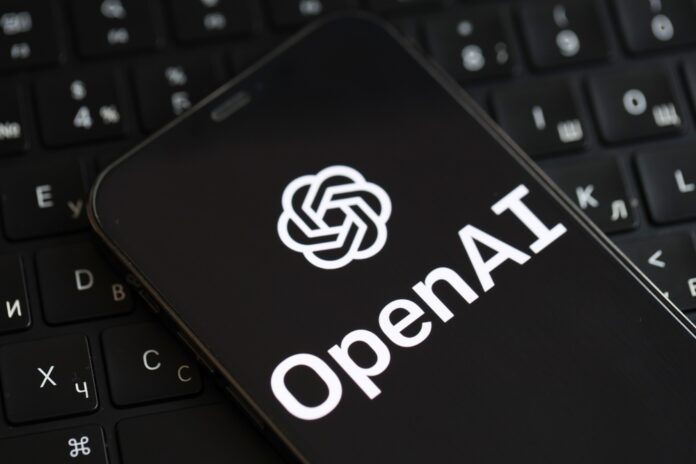We are witnessing a quiet yet profound transformation in the global landscape: the rise of artificial intelligences (AIs). ChatGPT (OpenAI), Claude (Anthropic), Gemini (Google DeepMind), Bing AI (Microsoft), Ernie Bot (Baidu), Tongyi Qianwen (Alibaba), Copilot (GitHub/Microsoft), Llama 2 & Llama 3 (Meta AI), Perplexity AI Pi… and many other agents are forming a chain of technological revolution that is not limited to innovation but represents something far greater: power.
We are facing a technological cold war, where nations and corporations compete for supremacy in data, knowledge, and economic power through AI applications. According to IDC, artificial intelligence will contribute $19.9 trillion to the global economy by 2030, accounting for 3.5% of global GDP. This projection reflects the rapid adoption of AI across various sectors, driving digital transformation on a global scale and, as a consequence, bringing status and power to the companies and countries that created them. In other words: the race has already begun, and there is no finish line. If there were, it would grow more distant with every new creation of intelligent agents.
Historically, the United States has dominated the AI landscape, with giants like OpenAI, Google, and Microsoft setting global standards. However, China has emerged as a technological powerhouse, challenging this hegemony. A notable example of this progress is Deepseek, a Chinese company that recently launched an AI model focused on predictive analysis of behaviors and consumption trends. This technology aims to anticipate consumer desires and needs, allowing companies to adjust their market strategies with surgical precision. In the financial sector, this translates to more assertive predictions about risk behaviors and credit trends, potentially redefining the rules of the game in markets like retail, marketing, and financial services—yet another example of the market power of AI.
In parallel, Intel, the American semiconductor giant, recently appointed its new CEO with the mission of repositioning the company in a market where competitors like Nvidia and AMD have stood out. The importance of this move is clear: without cutting-edge chips, AI cannot operate in real-time, and competitive advantage is lost. Forecasts suggest that investments in AI chips will exceed $300 billion by the end of the decade, making this battle for hardware dominance essential for the future of technology.
Meta, formerly Facebook, is also ramping up its investments in generative AI. Its advanced models seek to personalize ads and create immersive digital experiences, transforming the way we consume content. Additionally, advancements in generative AI for images and video, such as OpenAI’s Sora and Google’s Gemini AI, are revolutionizing audiovisual content production. Imagine high-quality advertising campaigns being created in minutes without the need for traditional filming crews… This future is already a reality.
AI reshaping businesses across different sectors
However, the AI revolution transcends the tech sector, impacting areas like finance, retail, and marketing. The ability to predict behaviors and consumption trends enables greater personalization, altering the dynamics between companies and consumers. In finance, predictive models enhance risk management and decision-making, while in retail, real-time data analysis redefines market strategies and customer relationships.
This scenario demands deep reflection in the financial market. If AI can anticipate behaviors, it also redefines risk perception. If it can generate content and campaigns in real-time, it creates new dynamics of consumption and loyalty. The future of credit, delinquency analysis, and customer relationships is now being shaped by algorithms that operate relentlessly. More than ever, ethics, transparency, and governance in AI use must go hand in hand with innovation. Because, in this technological cold war, whoever leads artificial intelligence will not only dominate the market but also define the course of the new world that is emerging.
The race for AI supremacy marks a new era of global competition where efficiency, innovation, and strategy will determine the leaders of the future. Companies and nations that can balance these factors while respecting ethical and social values will be better positioned to lead this transformation. History shows us that in periods of intense technological competition, opportunities arise to redefine human progress. It is up to us, as a society, to steer this evolution toward a fairer future.


